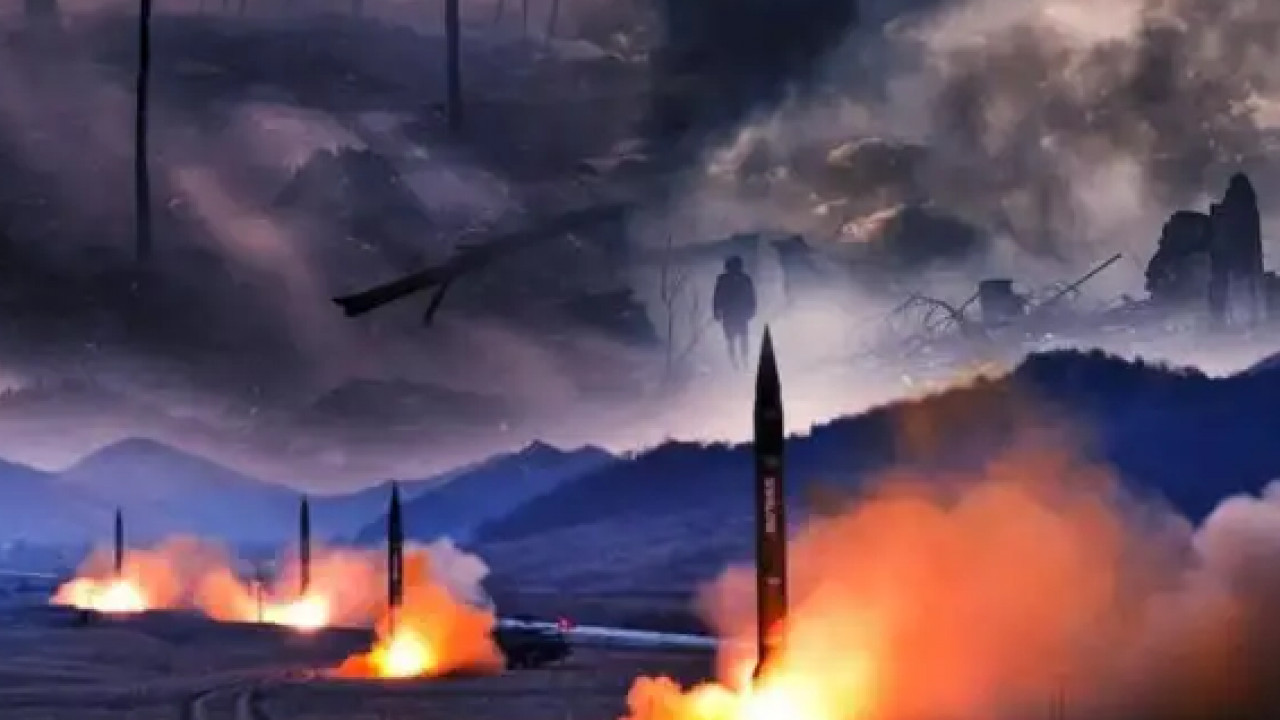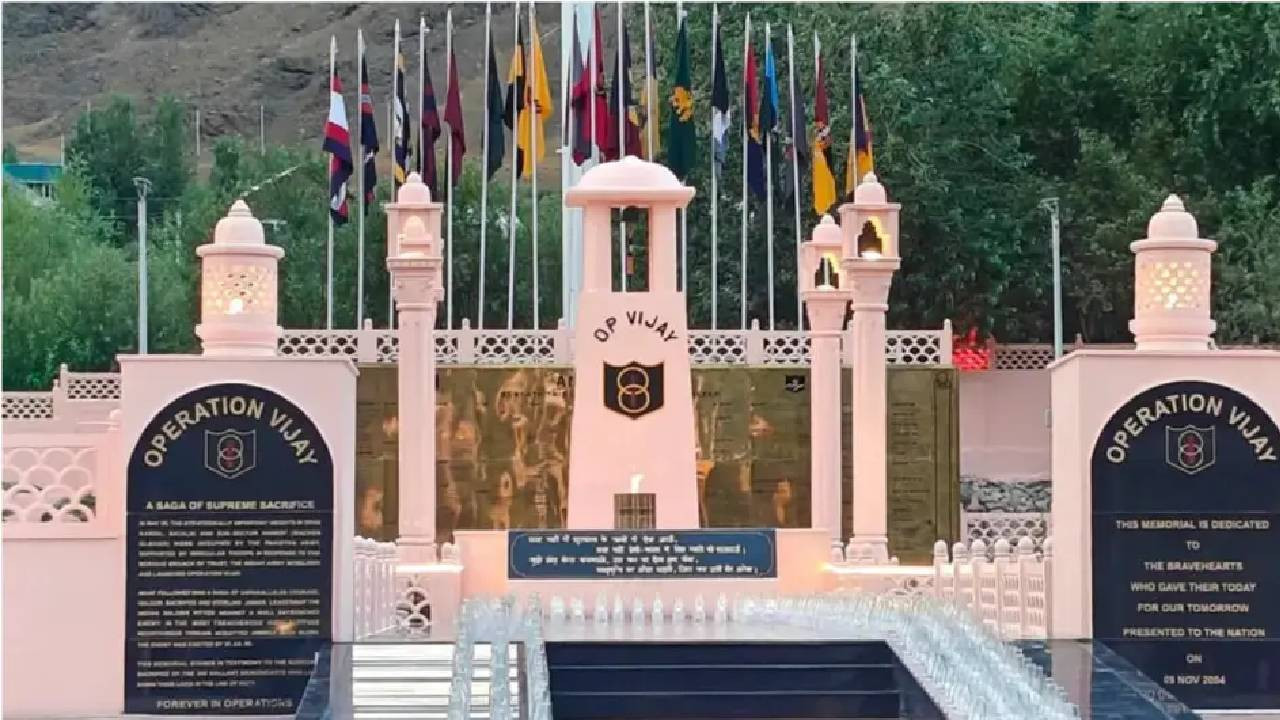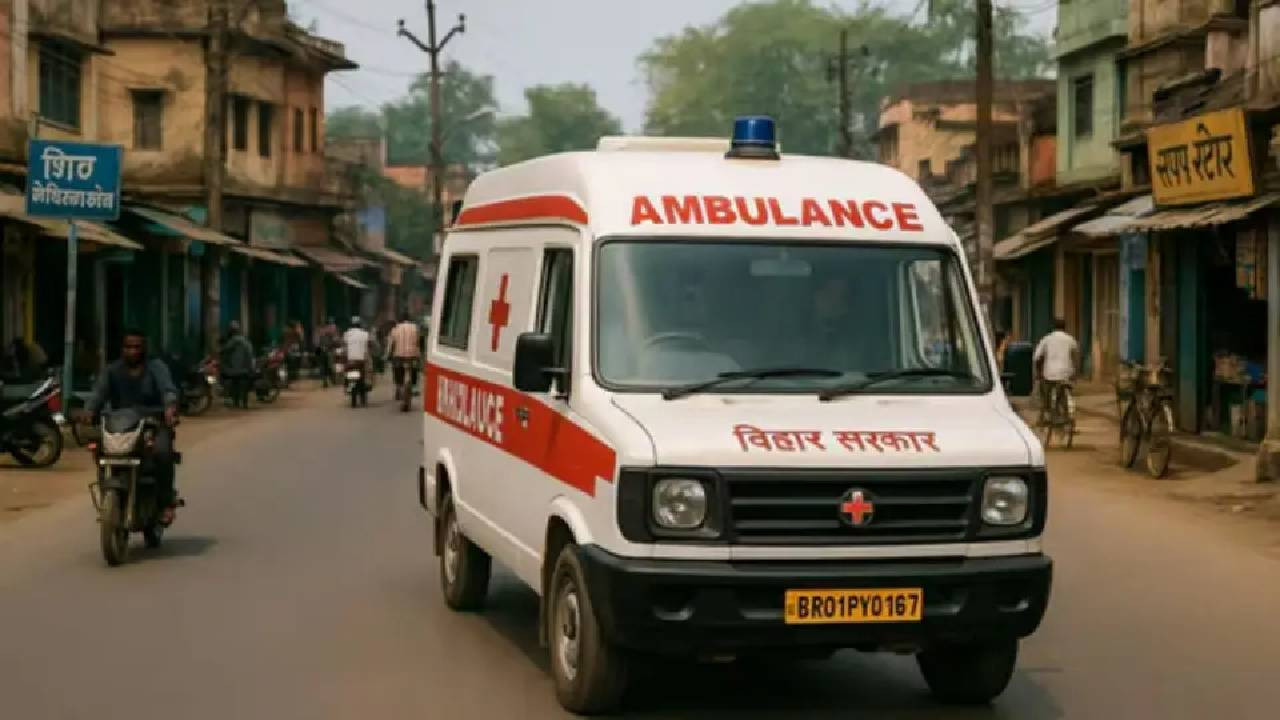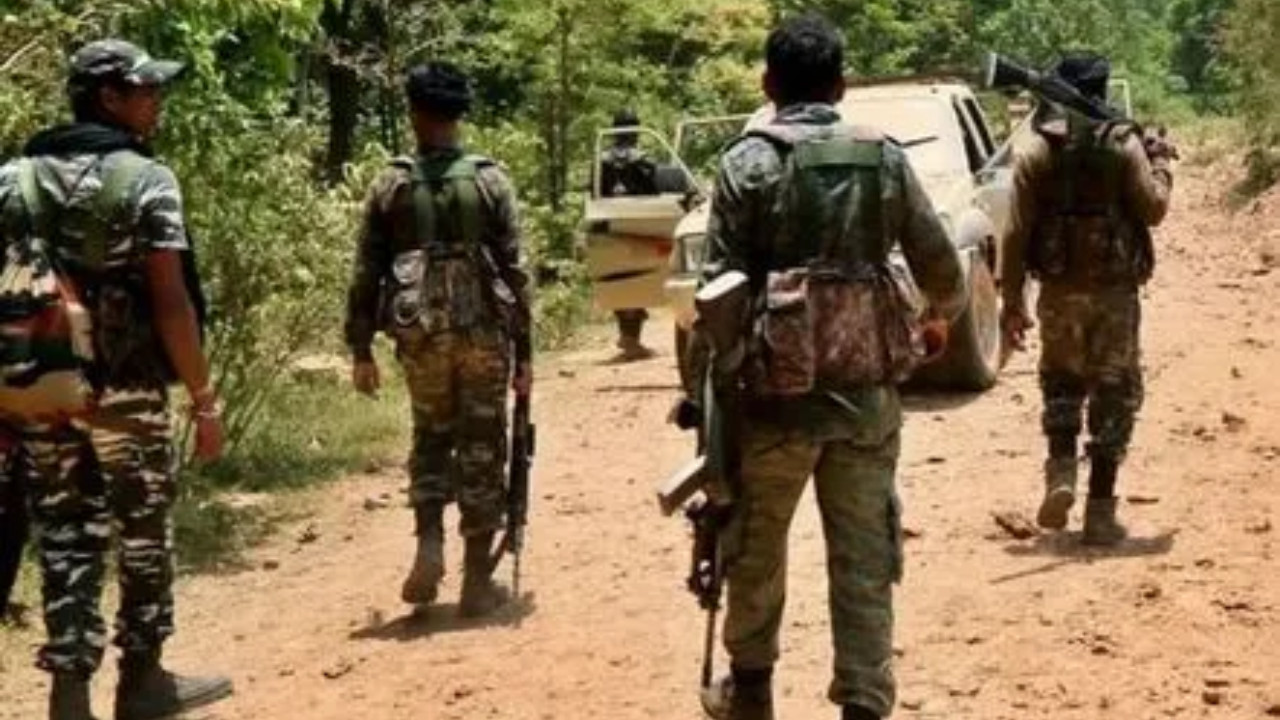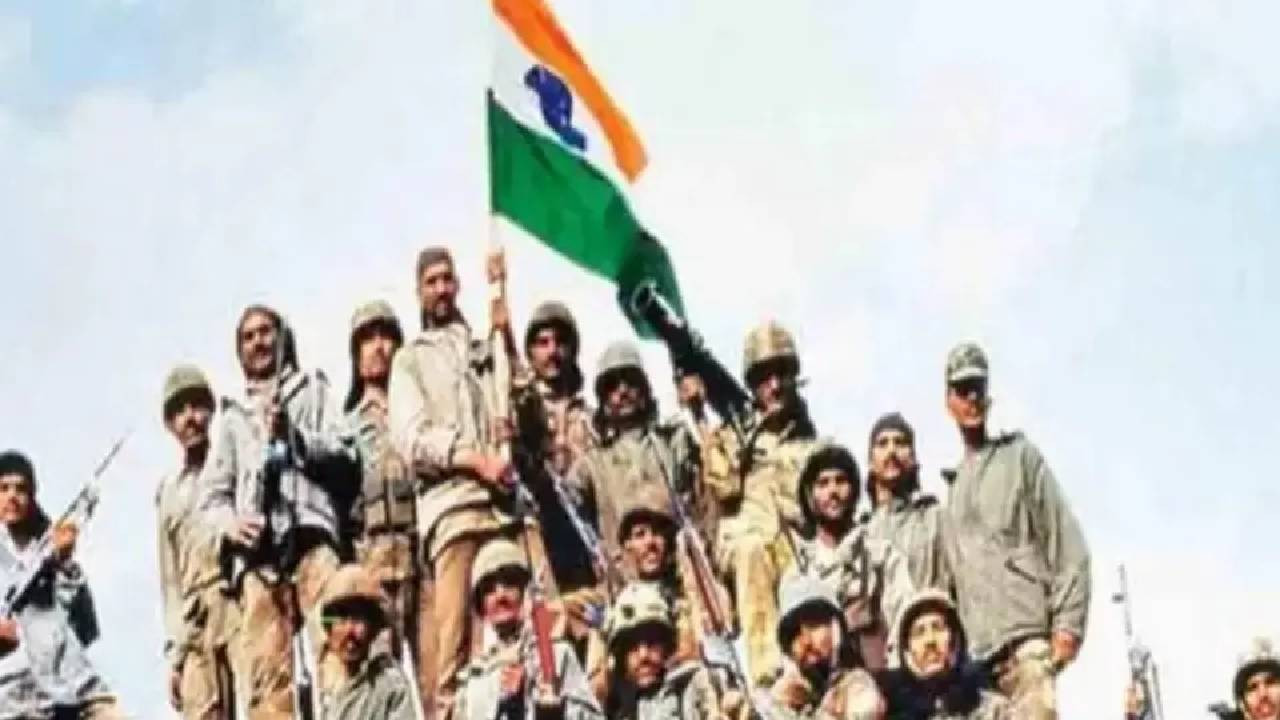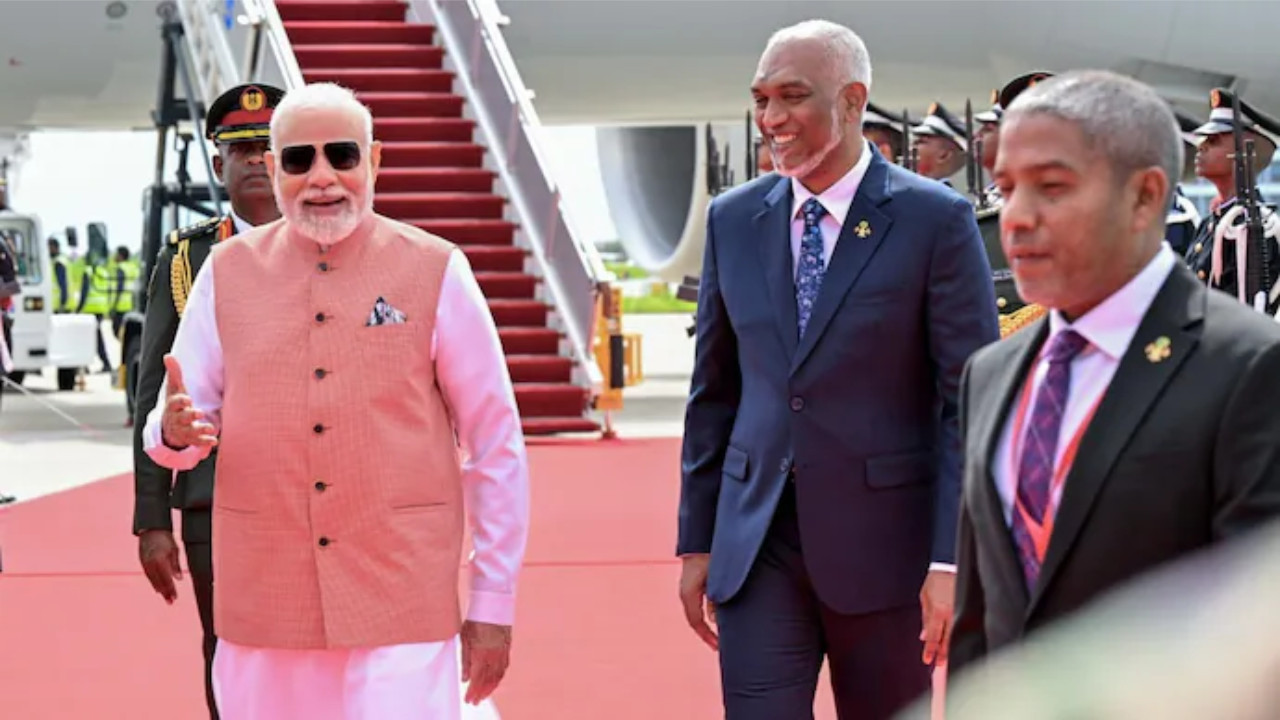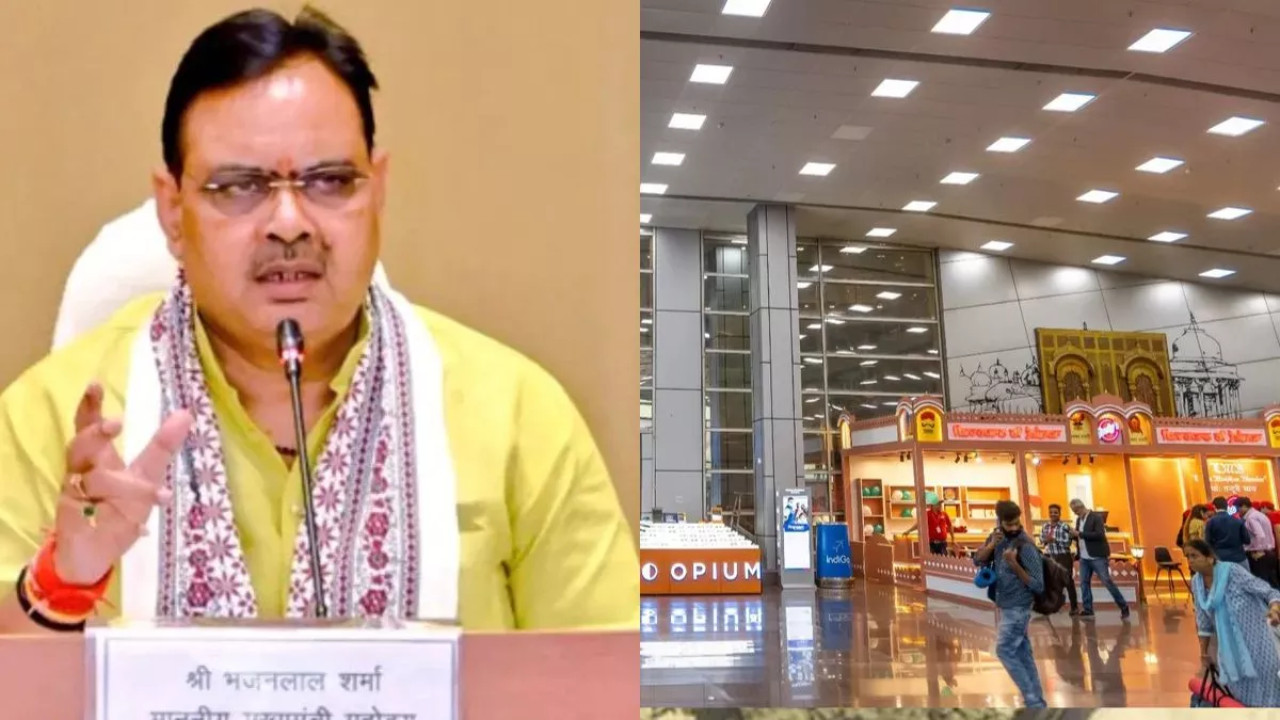International News: A new study warns that even a limited nuclear war—between just a few countries—could have devastating effects on the entire planet. The research, conducted by scientists from Penn State University and published in the journal Environmental Research Letters, reveals that such a war would not just kill people directly but could also lead to a global famine.
The study comes at a time when nuclear tensions are rising around the world. With more countries increasing their nuclear capabilities and conflicts growing sharper, researchers say it's more important than ever to understand the true consequences of nuclear war.
What Happens After a Nuclear Attack?
According to the researchers, the biggest danger after a nuclear war is not just the explosions—but the fires. Burning cities and industrial zones would release enormous amounts of black smoke (soot) into the atmosphere. This smoke would rise high and spread across the planet, forming a thick layer in the sky that blocks sunlight.
Without sunlight, global temperatures would fall, weather patterns would shift, and crops would fail. This effect, sometimes called "nuclear winter," would make it hard to grow food almost anywhere on Earth. The study focused on maize (corn), a key crop in many countries, and found that production would drop significantly for many years.
How Did Scientists Study This?
The team used a scientific tool called the Cycles Agroecosystem Model, which simulates how crops grow under different climate conditions. They adjusted the model to show what might happen after a nuclear war—less sunlight, colder temperatures, and damage to the ozone layer.
They ran the model over a 10-year period and looked at how maize crops would respond. The results were alarming: food production would collapse in many areas, and recovery would take more than a decade—even in the best-case scenarios.
Six Scenarios, One Terrible Outcome
The scientists studied six different types of nuclear war, ranging from small regional conflicts to large-scale global attacks. In every case, the outcome was the same: massive food shortages, disrupted ecosystems, and long-lasting harm to human life.
Their main message is clear—no country would be safe. Even nations far from the war zone would face hunger, economic collapse, and social instability.
Worse Than Any War in History
The research highlights that nuclear war is not just a military issue—it’s an environmental and humanitarian disaster. It would affect farming, weather, and human health around the globe, with effects lasting for decades. The damage would be far worse than anything caused by conventional wars or political crises.
Final Warning
The scientists are urging global leaders to take the threat of nuclear war seriously—not just because of the immediate danger, but because of the long-term consequences for life on Earth. Their study is a powerful reminder that preventing nuclear conflict is not just about peace—it's about survival.



